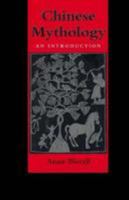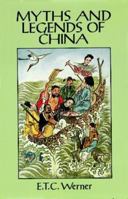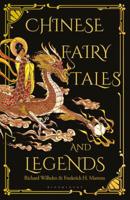The Exceptionally, Extraordinarily Ordinary First Day of School
Select Format
Select Condition 
You Might Also Enjoy
Book Overview
Award-winning and bestselling illustrator Albert Lorenz's picture book The Exceptionally, Extraordinarily Ordinary First Day of School is the funny story of one boy's creative solution to being nervous attending a new school. "Often hilarious . . . A dizzying amount of text and art on each spread--no shortage of fodder for readers whose tastes gravitate toward the strange and surreal." --Publishers Weekly On the first day back to school from summer vacation, John is the new kid. When the librarian asks him if the school is any different from his last one, he begins a wildly imaginative story about what it was like. "Well, I came from pretty far away. We had to travel down crocodile-infested rivers, fly in a hot-air balloon across a vast jungle filled with wild beasts, and then hire a car to get there." What follows are hilarious scenarios--his old school bus was a safari jeep pulled by wild creatures, the school was a castle, and the lunch menu included worms His imagination wins him the attention and awe of his librarian and peers, setting the tone for a compelling story about conquering the fears of being a new kid, as well as the first-day jitters that many children experience. Bordering each page are often-hilarious "definitions" of items featured in Lorenz's frenetic scenes ("School bus--A terror-filled nightmare on wheels . . . Life only gets worse from here on out"), which are sprinkled with speech bubbles. The over-the-top illustrations, reminiscent of the work of MAD magazine's early artists, bring the story to life. This is no ordinary picture book. Young readers will be shocked, educated, and amused by the fun-filled art, the wild stories, and the outrageous humor and slang. So much fun in one book
Format:Paperback
Language:English
ISBN:0452288703
ISBN13:9780452288706
Release Date:August 2007
Publisher:Penguin Publishing Group
Length:304 Pages
Weight:0.54 lbs.
Dimensions:0.7" x 5.2" x 7.7"
Age Range:18 years and up
Grade Range:Postsecondary and higher
Customer Reviews
6 customer ratings | 6 reviews
There are currently no reviews. Be the first to review this work.





































